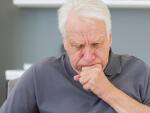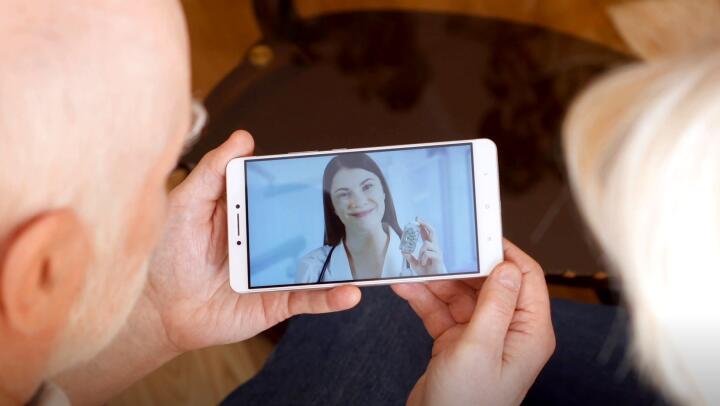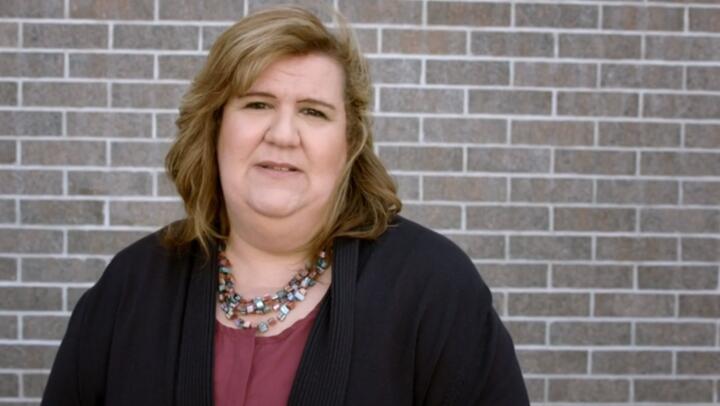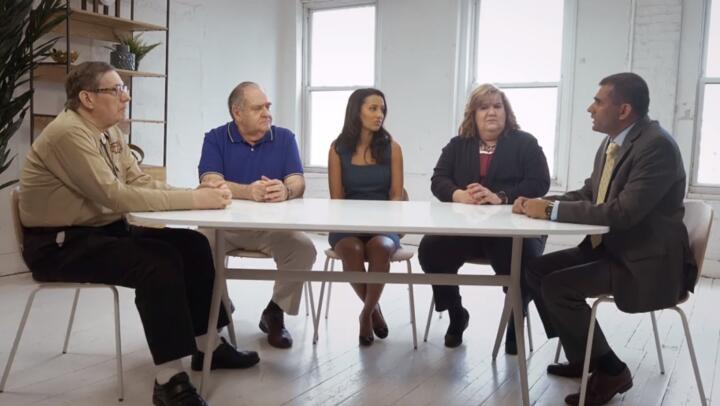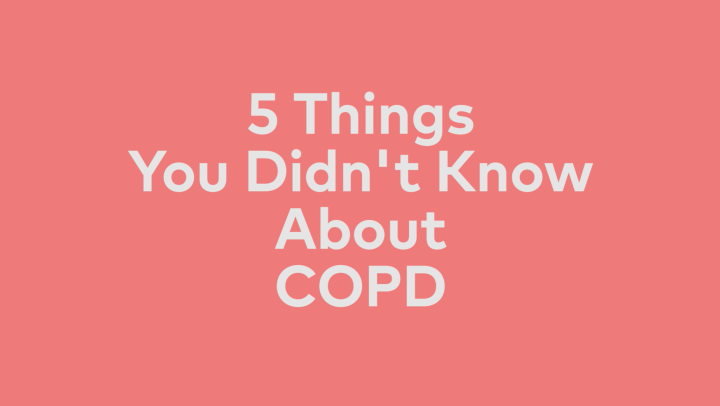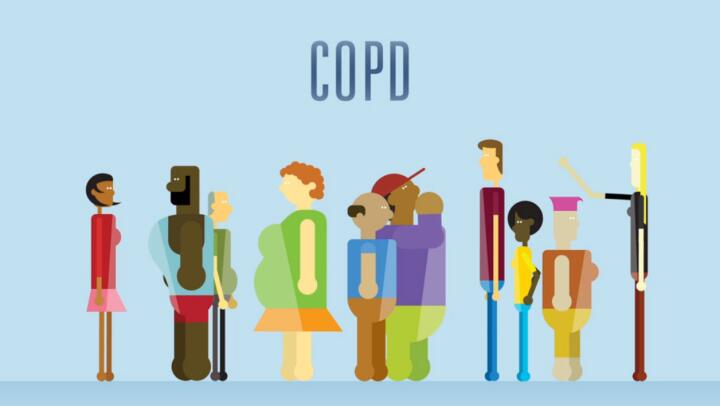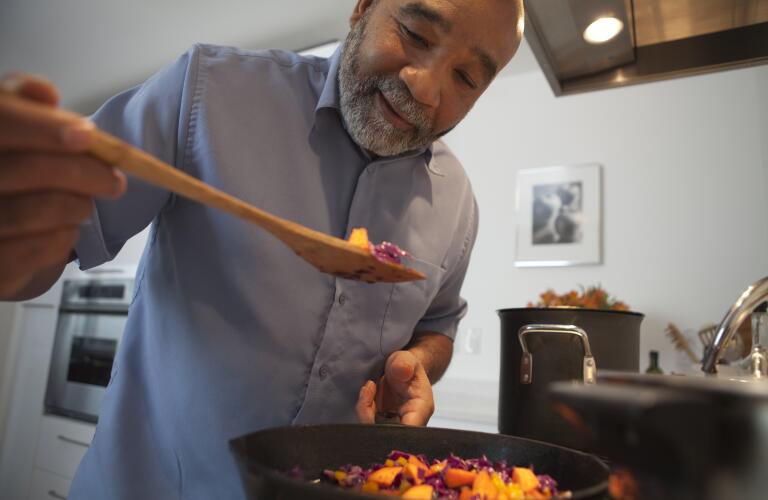
When you have chronic obstructive pulmonary disorder, or COPD, it can be hard to eat a simple meal without encountering some challenges.
Delicious aromas lure you with your growling stomach to the dinner table, but you find yourself gasping for breath halfway through your meal. The very acts of eating and swallowing can be exhausting because they temporarily cut off the flow of air to your lungs, making you feel breathless. Additionally, eating and digesting food use oxygen, which you already have in short supply.
Another concern: fatigue. You probably already feel somewhat weak or tired as a side effect of the COPD, so you may not feel like eating. But not eating enough can also contribute to fatigue and decreased energy levels, and the problem snowballs. In fact, about one-third of people with severe COPD experience unintended weight loss because their symptoms impede their ability to eat well.
Try these strategies to maximize your chances for having a pleasant experience at the table:
Rest before eating a meal.
Eat when you’re feeling good. Try to schedule meals when your energy levels are at their highest. For some folks, that means they need to eat more for breakfast because their energy levels tend to dip as the day goes on.
Eat five or six small meals throughout the day instead of two or three big ones.
Eat slowly and thoroughly chew your food.
Breathe evenly while you eat.
Stop and take a break if you need to.
Sit up straight. Give your lungs as much room as possible to expand.
If it’s still too taxing to chew, consider substituting a liquid meal now and then. Soups, a protein-boosted smoothie or nutrition drink may be acceptable choices.
Additionally, consider these important nutritional tips.
Eat fewer carbs
Your body produces carbon dioxide when you consume carbohydrates, but people with COPD often experience a condition called CO2 retention. If you eat a lot of carbs, you may produce more carbon dioxide, which then builds up. This build-up might exacerbate your tendency to breathe faster. So the American Lung Association suggests that some people with COPD consume a diet a little lower in carbohydrates and a little higher in fat to reduce that particular contribution to shortness of breath.
Boost your fiber intake
Constipation can cause painful bloating, which puts extra pressure on your diaphragm, reducing your ability to fill your lungs with air. The result: shortness of breath. Try to gradually increase your fiber intake to help to regulate your bowel function while minimizing the bloating and gassiness.
Use your supplemental oxygen
If you have very low oxygen levels in your blood—a condition known as hypoxemia, your physician may put you on supplemental oxygen. The COPD Foundation recommends taking your medications just prior to eating and using your supplemental oxygen when you eat.
Consult a dietitian
The American Lung Association notes that you’ll be better prepared to fight off infection if your body is well nourished. Talk to a registered dietitian about strategies to help you gain a few pounds or maintain your weight—whichever is most appropriate for you.




